NEC acknowledges the ancestral and unceded territory of the Coast Salish Peoples, including the host Nations xʷməθkwəy̓əm (Musqueam), Skwxwú7mesh (Squamish), and səl̓ílwətaʔ/selilwitulh (Tsleil-Waututh) Nations.
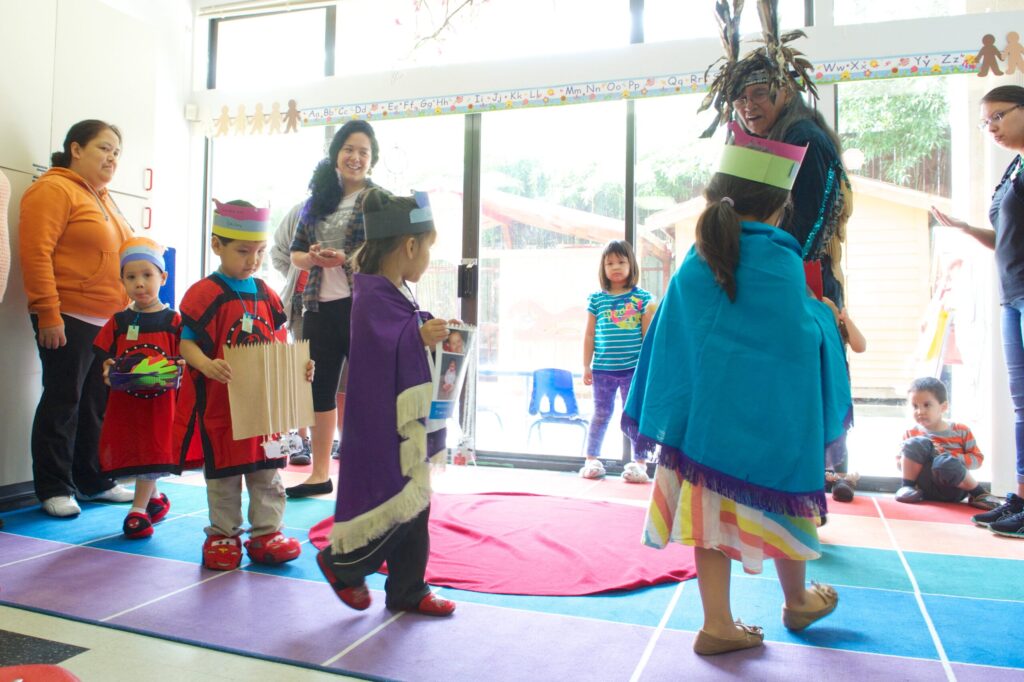
Program Description
In this 11-month certificate program, students will gain foundational knowledge in preparation for a rewarding career in Early Childhood Education. Centered in Indigenous knowledge and practices, learners will acquire the necessary skills and competencies for successful, multidirectional career paths in ECE. Course content includes a historical and contemporary understanding of the residential school system and its targeted elimination of traditional Indigenous Peoples’ approaches to childrearing and cultural development in Indigenous children. Utilizing the BC Early Learning Framework (ELF) and the Indigenous Early Learning and Child Care Framework (IELLC), the program supports and promotes cultural safety and connection to strengthen Indigenous children’s identity development and connections with their Nation’s cultural practices and traditions.
Program Highlights
- Duration: 42 weeks (3 terms of 14 weeks each)
- Delivery Method: On-campus
- Intakes:
– Fall 2025 - Schedule: This program is full-time, Monday to Friday 09:00 am -12:00 pm & 1:00 pm – 3:00 pm
career opportunities
Once students complete all the required courses and graduate from the IECE Certificate program, complete 500 hours of working experience, applications for Early Childhood Educator (ECE) certification can be submitted to the ECE Registry. This license allows students to work independently in a daycare or preschool with 3-5-year-olds. Students can choose to pursue further certification with NEC’s IECE Diploma program, where they gain their Infant-Toddler Education (ITE) and/or Special Needs Educator (SNE) certification.
Students who complete the IECE Certificate program can transfer into the University of British Columbia’s (UBC) Indigenous Teacher Education Program (NITEP). Students transfer into the second year of their Bachelor of Education degree.Students from other institutions and ECE certification programs are welcome to transfer to NEC to complete their coursework, including practicum.
Learning Outcomes
Upon completion of this program, the successful student will have reliably demonstrated the ability to:
1) Communicate effectively and professionally, building relationships with infants, toddlers, pre-schoolers and other Indigenous and non-Indigenous educators, mentors, and staff
2) Gain hands-on experience in the field of ECE through practicum placements
3) Apply Indigenous worldview into practice in the field of Early Childhood Education.
We are committed to providing a welcoming and culturally safe environment where students can thrive on their educational journey.
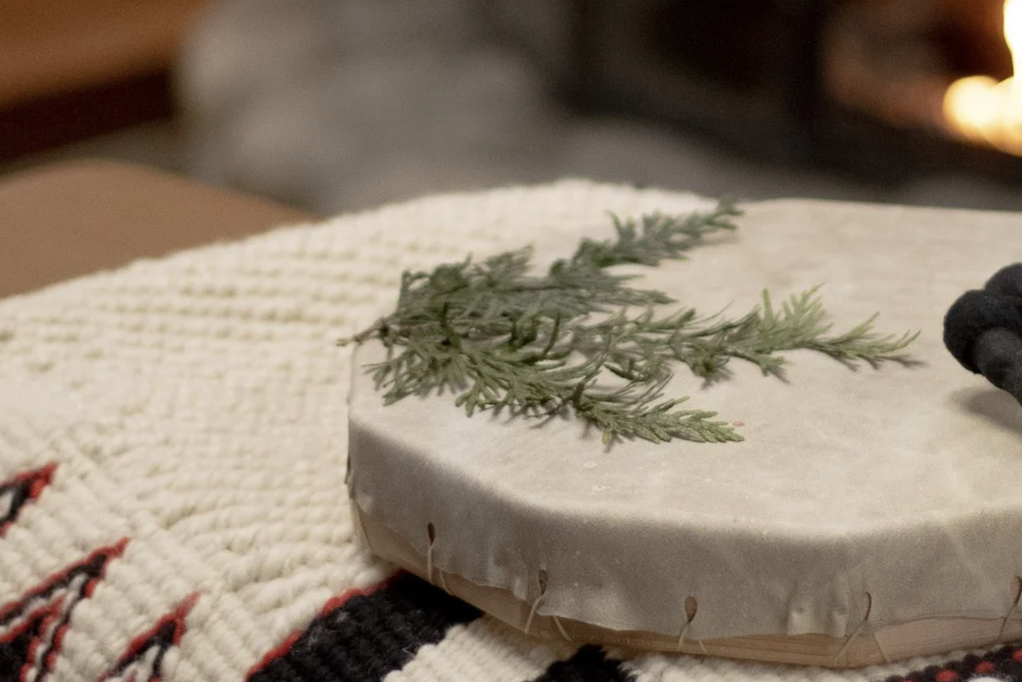
Authentic Indigenous Academic Programs and Curriculum
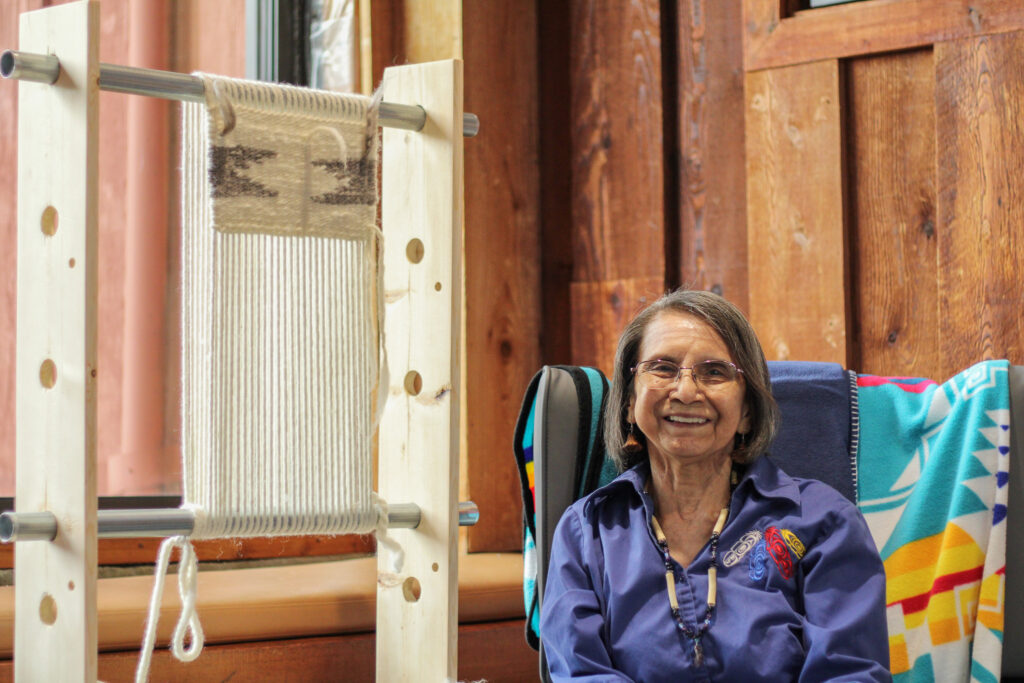
Prevention of Genocide - Critical and Cultural Thought Processes
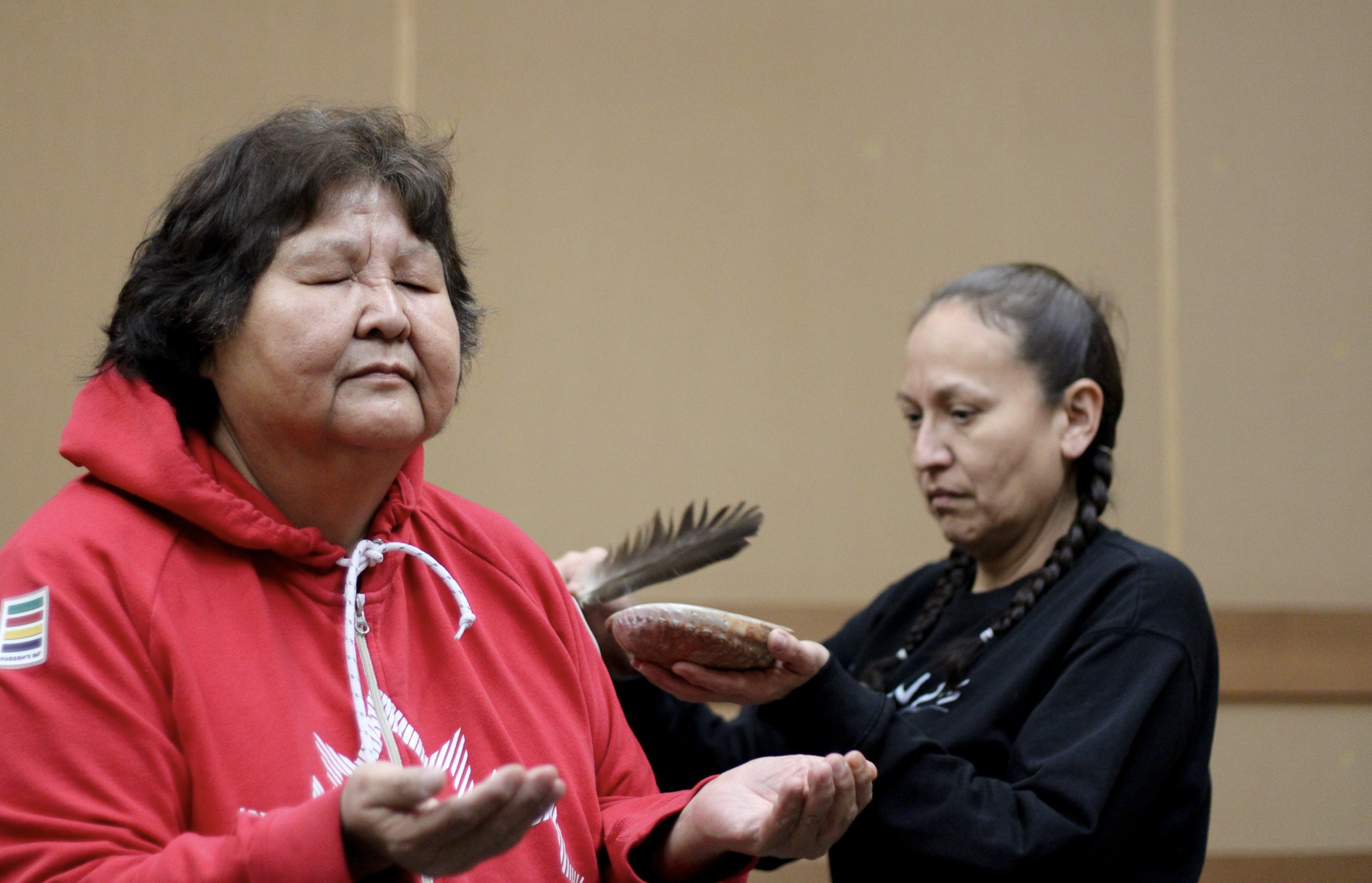
Holistic Wrap Around Supports
COURSE OFFERINGS
| ECE 101 | Child Growth & Development 1 |
| ECE 102 | ECE Theoretical Foundations |
| ECE 103 | Children’s Art and Artistic Inquiry |
| ECE 111 | Guiding & Caring |
| ECE 112 | Child Growth & Development 1 |
| ECE 113 | Health, Satety & Nutrition |
| ECE 116 | Block Practicum 1 |
| ECE 120 | Pedagogical Narration/BC ELF |
| ECE 121 | Interpersonal Communication Skills in ECE |
| ECE 122 | Curriculum 1 |
| ECE 123 | Language & Literacy |
| ECE 124 | Curriculum 2 |
| ECE 126 | Block Practicum 2 |
| ECE 128 | ECE Advocacy |
Admission Requirements
Highschool Admission
- Grade 12 Diploma or Equivalent
- 2 letters of reference
- Criminal Records Check
- 18 years or older
- NEC English Literacy Assessment with “C-” grade or higher
- Accuplacer Reading 235 Writing 235
Post-Admission Requirement
- CRC (Criminal Record Check Vulnerable Sector)
- TB Test
- Doctor’s note of good health
tuition and fees
| Tuition | $6,820 |
| Application | $75 |
| Administration | $75 |
| Books and supplies | $1,400 |
| Others(Lab, first aid, food safe) | $420 |
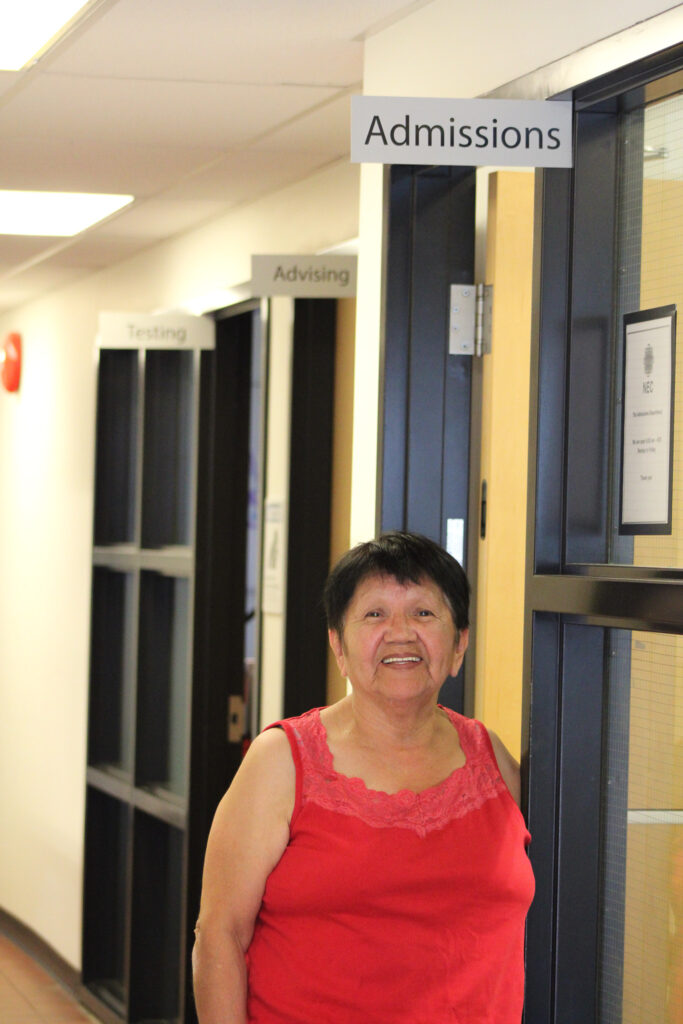
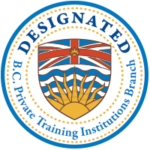
This program has been approved by the Private Training Institutions Regulatory Unit (PTIRU)of the Ministry of Post-Secondary Education and Future Skills. https://www.privatetraininginstitutions.gov.bc.ca/
Longhouse Values
These original laws are embedded in every aspect of our House. They invite cultural identity and selfdetermination of Indigenous Peoples, which empowers learners to advance their unique personal and educational goals.
- Diversity
- Respect
- Understanding
- Gratitude
- Accountability
